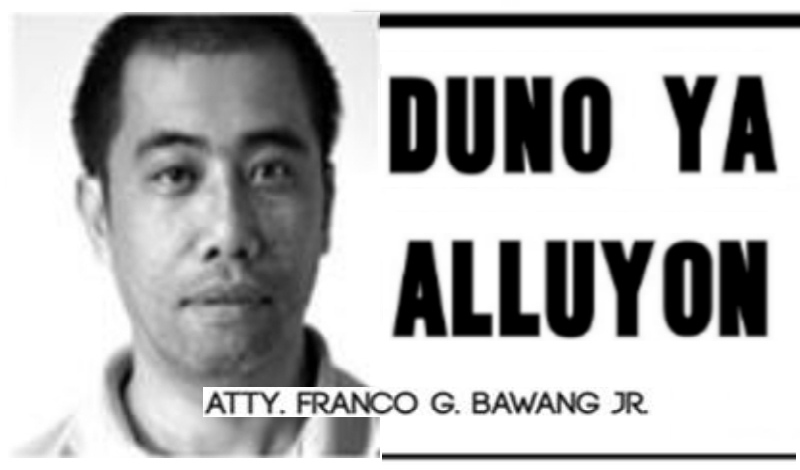Majority of our co-operatives in the country are micro and small and they are vulnerable to the brutal economic uncertainties resulting to a high mortality rate. Two options are being considered, aside from the status quo, as part of the solution. The first option is to make the large and more stable co-operatives as partners of Government in assisting struggling, weak and vulnerable co-operatives by establishing a business partnership in order to improve their status.
Large co-operatives are stronger and more stable making them an able partner in advancing the growth of micro and small co-operatives. Their credibility in the industry commands a great influence over smaller co-operatives. These are the credentials being considered from a big brother that can help a small brother.
Large co-operatives have the knowledge and resources. They have developed systems and procedures to insure smooth business operations. They have established best practices and set up defenses and remedial measures against all threats of running a co-operative business. They are held in high esteem for putting the co-operative sector in the economic map. Surely, smaller co-operatives would learn a lot from them.
Moreover, the Cooperative Development Authority (CDA) is that crucial third party, as an initiator and facilitator, to bring the concerned parties together for partnership matching of the willing participants in the program. It will act as an advisory body to identify possible points of partnership, assist the parties to meet the right partner. It also acts as a parent institution to look into the affairs of the partnering brothers, evaluate and assess their performances for improvement. This is creating an atmosphere that is conducive to the growth and development of these cooperatives. It shall provide the avenue for the private sector to be more active and assertive.
Once the needs of the micro and small co-operative have been identified, the large co-operatives will make an assessment whether or not their knowledge, their resources and expertise can match those identified needs. Otherwise, the prospective micro or small co-operative may be referred to another partner co-operative through the assistance of the CDA.
The objective of this partnership is to help ailing or struggling micro and small co-operatives to get back on their feet. Thus, the activities under this program will not only be limited to training and financial assistance but may expand to business partnerships such as joint ventures, contract growing or marketing of products. The possibilities are varied depending on the agreement which can be contained in a Memorandum of Agreement (MOA).
Large co-operatives can be an aggregator of the products not only of their members but other co-operatives as well. One particular co-operative is the Nueva Segovia Consortium of Co-operatives (NSCC) in Vigan, Ilocos Sur consolidating the products of other co-operatives for delivery to institutional buyers and trading partners.
It should be understood that the parties will be in equal footing under the partnership. Therefore, it is expected that the micro and small co-operatives shall have a counterpart in whatever particular activity they are going to enter into. La Trinidad Vegetable Trading Post Multi-Purpose Co-operative and the Benguet State University MPC, both large co-operatives in La Trinidad, Benguet subsidized the training expenses of the officers of a struggling co-operative.
The top 100 biggest co-operatives are found in all four corners of the country. This is very advantageous not only to them but also their accessibility to any interested micro and small co-operative to participate in the program. Large co-operatives have a strong presence especially in non-bankable locations. In this condition, the partnership will be manageable, cost-efficient and therefore, beneficial to both parties.
The partnership is a win-win situation for all parties. The small and micro co-operatives will have an opportunity to develop, enhance and even expand not only their skills but also their businesses. The large co-operatives will gain because their business transactions multiply and expand. More goods and products will be produced by giving their partner co-operatives the needed farm inputs and appropriate technology. Even if the engagement is non-financial, it gives them a sense of fulfillment under Maslow’s hierarchy of needs of self-actualization, being able to help to their smaller brothers. It could be a very rewarding experience. It brings out goodwill that will make them attractive to prospective members and potential customers.
It is also expected that if the partnership is successful, the government will be successful.














